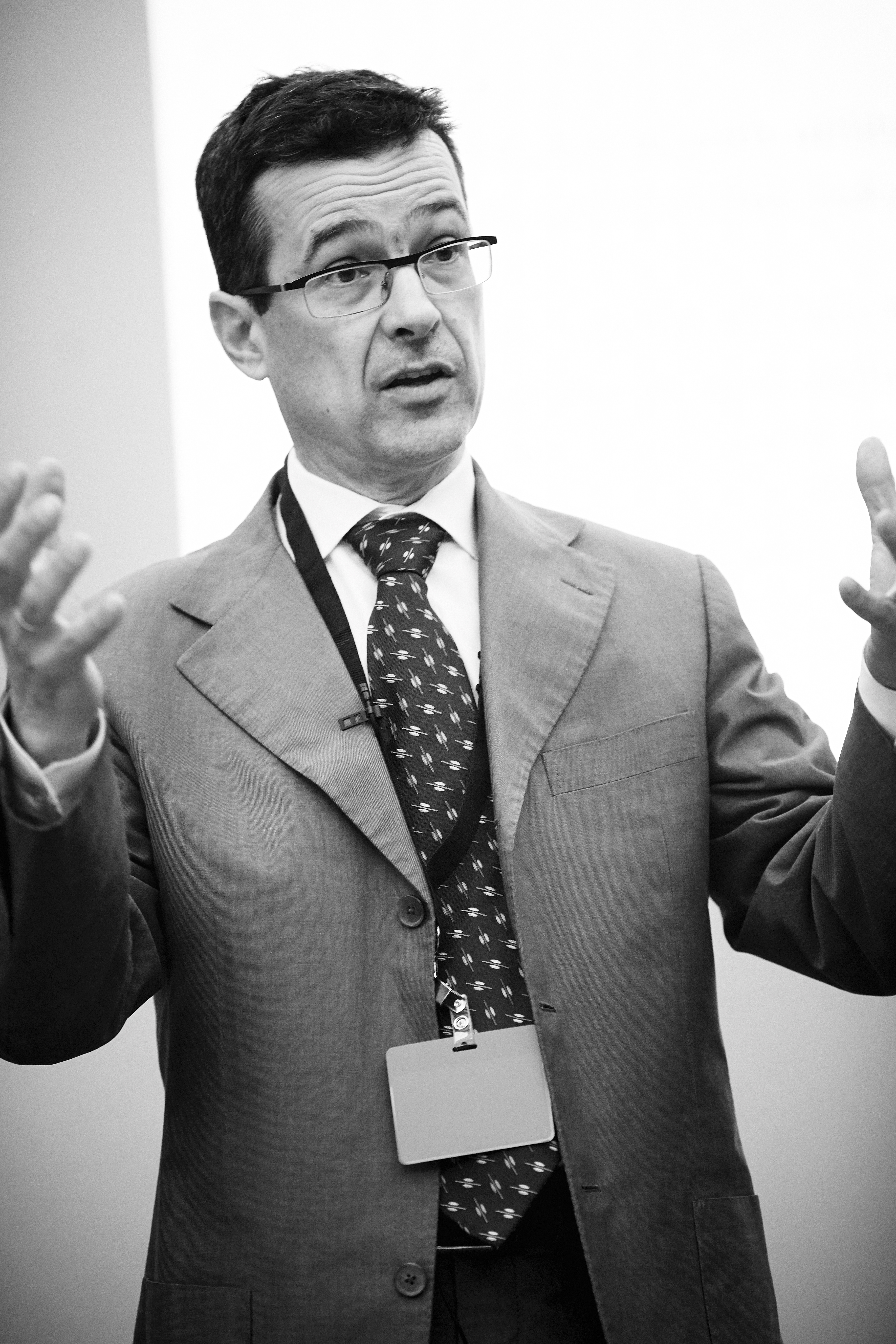Over the past three decades we have seen a huge increase in passive investing, so much so that it has overtaken active investing in an industry worth trillions of dollars. Dimitri Vayanos, FMG Programme Director for Capital Markets and Professor in the Department of Finance at the LSE, is exploring the real-world effects of this shift, in his research into Passive Investing and the Rise of Mega-Firms which has implications for policymakers, regulators, academia and the financial industry.
In his own words: "Understanding whether capital markets function efficiently, and whether prices really reflect the fundamental value of the underlying assets is important for many reasons. If, for example, markets are not well-functioning, then it can be the case that companies that don't have good investment prospects get a lot of cash from investors, and they perhaps invest in a wasteful way, simply because their stock prices are high. Conversely, it may be that some deserving companies don't get enough investments.
In my recent research, I study the implications of the rise in passive investing, which has greatly increased over the past 30 years. Passive investing is essentially investing in a portfolio of stocks proportionate to their value in the market index. Active investing, by contrast, is investing in stocks in the way a manager thinks a company should be worth, and not necessarily according to their actual market capitalisation. For example, if an active manager thinks that a company is overvalued by the market then they may choose not to hold it at all - but a passive fund would hold it with a high weight, because that company has a high market value.
Taking passive and active investing together, passive has risen from about 1% of the total in the early 90s to over 50% today. The question is, does this matter? Does it have a neutral effect on financial markets, because essentially passive investing is just following the actual market capitalisation, or does it make a difference? The answer to this question is of great importance to policy makers, regulators, academics and the financial markets themselves.
My research shows that in fact there is an effect. The firms that benefit the most from the great rise of passive investing, whose prices rise the most, are the largest firms in the economy, and especially the firms that are overvalued."
Click here to read more and to hear Prof. Vayanos speak about his research
